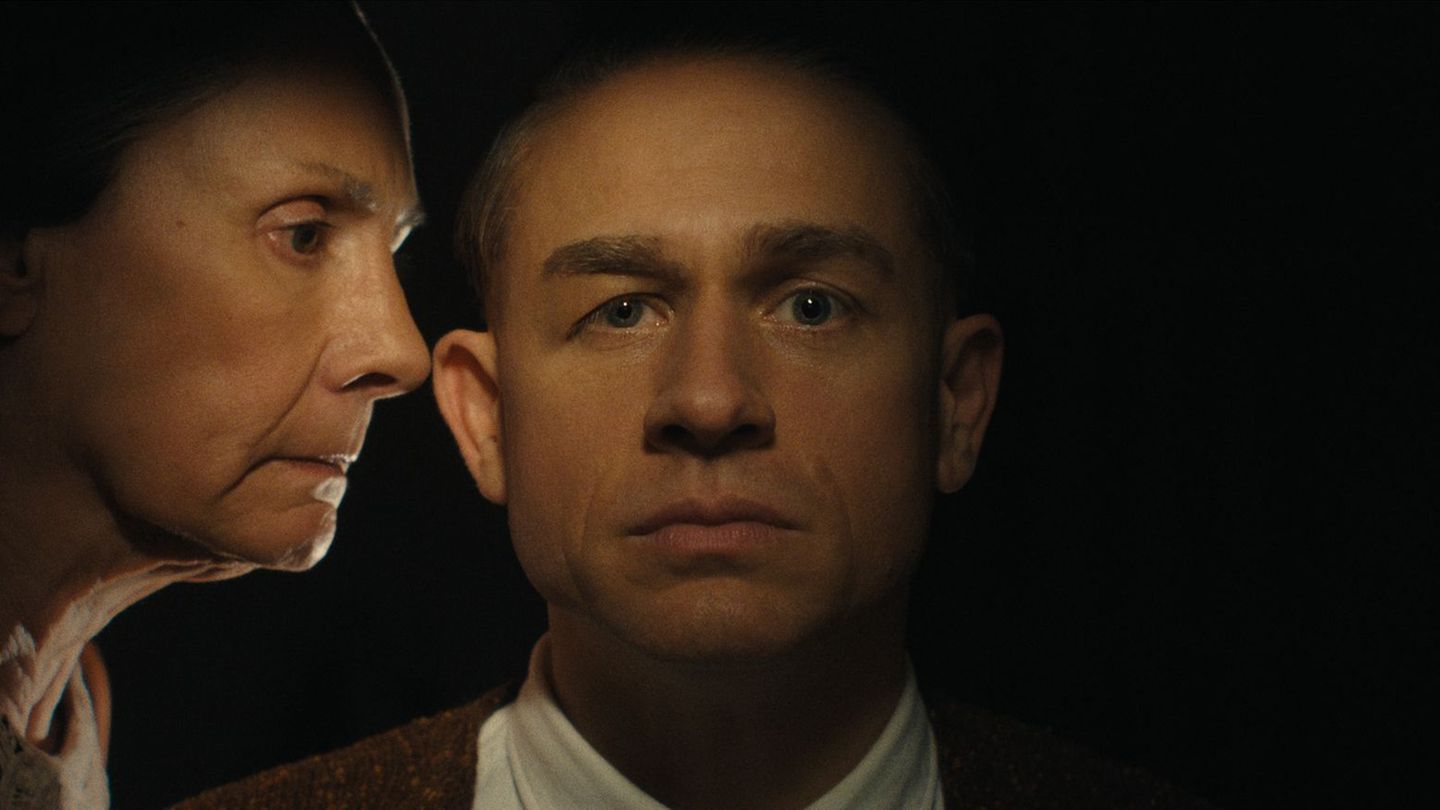Since becoming ill with Covid, Ms. G. has had little resilience at work, is often very exhausted and cannot concentrate properly. Expert Reinhild Fürstenberg explains how we can deal with the long-term consequences of Corona and find our way back to our old strength.
By Reinhild Furstenberg
Ms. G.* hasn’t really settled into her job since she contracted Covid-19, which was a few weeks ago. During the consultation, she explains that the illness itself was relatively harmless – but since then she has been constantly tired, lacks concentration and has actually been unable to work for some time. Before that, she was repeatedly absent due to illness, be it due to gastrointestinal problems, pain, shortness of breath or anxiety. Even when she was able to work, she made mistakes that would not have happened to her before.
This resulted in another problem for Ms. G., because individual colleagues increasingly questioned whether she was really doing so badly, since at first glance she didn’t seem so ill. Ms. G. was also uncomfortable with the fact that her colleagues had to work for her all the time, which meant that their desks were even fuller. Her manager kept asking her about possible solutions to the difficult situation, to which Ms. G. had no answer herself. The work increasingly overwhelmed her and so the inability to work was an unstoppable step.

Long Covid – an unclear clinical picture
In her distress, Ms. G. first visited numerous doctors. After various and unsatisfactory diagnoses, she felt even more insecure and saw no light at the end of the tunnel. Neither for herself and her health, nor for a quick return to her job, which she definitely didn’t want to lose. At some point she just sat at home exhausted and hopeless and her fears increased.
Ms G. is one of 10 to 20 percent of Covid-19 patients with long-term corona effects. Since the disease itself is still comparatively unexplored, many doctors are not yet entirely sure how they can pour the confusing picture of symptoms into a comprehensive therapy. Long-term consequences can affect almost all parts of the body, systems and organs in almost every part of the body. In the meantime, however, experts and scientists agree that long-Covid, i.e. the occurrence of symptoms four to twelve weeks after the end of the acute infection, and also post-Covid, i.e. complaints that last for a longer period of time than twelve Weeks after the actual infection persist or reappear, can only be brought under control with targeted holistic treatment.
Inpatient therapy in the clinic
Ms G. tells me in detail about her stuck situation and her fears. Since her physical complaints in particular have increased, she is very exhausted and cannot get any further with outpatient medical care, I recommend that she think about inpatient treatment for three to five weeks. Individual clinics specialize in the comprehensive treatment of long and post-Covid and have a broad network of medical specialists who work closely together. The exchange with other affected people is also made possible here, a point that is particularly important to Ms. G., because in her everyday life she often feels misunderstood with her suffering.
Ms. G. is a little skeptical at first, as she fears that she will be absent from work for longer due to her stay in the hospital and that this will cause her boss and colleagues even more worry and stress. In the course of the conversation, she realizes how important it is now to do everything possible to get well again and thus be able to work stronger and reliably again. We discuss the situation and the options that Ms. G. now has with her manager. We also advise on a company reintegration process. I establish contact with a clinic that we work with and where she can be admitted with little waiting time. Ms G. is relieved that something is finally happening and that she is no longer alone and helpless. Her boss is also happy that she can plan better from now on and that there is clarity and a new perspective for Ms. G.
Adapt to everyday life
Then I discuss with Ms. G. how she can deal with her exhaustion until she goes to the clinic. I advise her to adapt her everyday life to what she needs now and to strengthen her immune system. It is important to find a good balance between light activities and periods of rest in order to be able to continue to recover. I recommend Ms G. maybe incorporate some calming breathing exercises into her daily routine and go outside every day to get some fresh air. She can also write down how she feels during the day to get an overview of what conditions she feels best in and how her symptoms are changing. If she feels noticeably better, she could offer her manager, for example, to come back digitally for a few hours and take on the first tasks again. Ms G. can then gradually increase her private activities such as sports or household chores. In addition, she also wants to pay attention to a nutrient-rich diet, which also supports the healing process.
Ms G. feels well informed and prepared for her time in the clinic. It is also helpful for her to realize that she is not an isolated case and that long and post-Covid is a clinical picture that is still largely unexplored. This approach gives Ms G. hope that she will soon be able to go back to her job and find her way back to her old life. The prognosis is good, because in the majority of cases, the symptoms disappear completely after a few weeks with holistic treatment of long and post-Covid.
Here are my tips for you:
- Don’t try to deal with the individual symptoms of Covid disease on your own. Get help, and get it early.
- Realize that long and post-Covid is a clinical picture whose complexity and need for interdisciplinary treatment is not yet fully known.
- Look for a (clinic) network specialized in the treatment of post- and long-Covid.
- If necessary, let us accompany you psychologically on your way. Mental health can significantly support the healing process.
- Discuss joint paths and solutions with your employer at an early stage, such as a reintegration process that will support you in gradually returning to work.
- Get in touch with other affected people. Together you can support and accompany each other.
- Rely on everything that sustainably strengthens the immune system: nutritious and balanced diet, light exercise, lots of fresh air, sufficient relaxation and everything that is good for your soul.
* Case study from the consulting practice of the Fürstenberg Institute. The case was anonymized with the consent of those affected.
Source: Stern
Jane Stock is a technology author, who has written for 24 Hours World. She writes about the latest in technology news and trends, and is always on the lookout for new and innovative ways to improve his audience’s experience.




